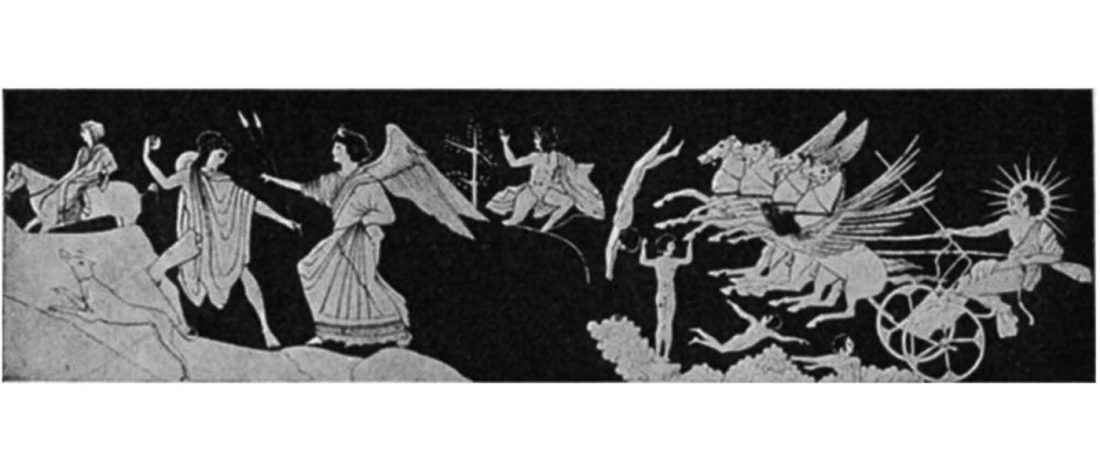Interesting article, Spatio-temporal deixis and cognitive models in early Indo-European, by Annamaria Bartolotta, Cognitive Linguistics (2018); 29(1):1-44.
Abstract (emphasis mine):
… Read the rest “Spatio-temporal deixis and cognitive models in early Indo-European”This paper is a comparative study based on the linguistic evidence in Vedic Sanskrit and Homeric Greek, aimed at reconstructing the space-time cognitive models used in the Proto-Indo-European language in a diachronic perspective. While it has been widely recognized that ancient Indo-European languages construed earlier (and past) events as in front of later ones, as predicted in the Time-Reference-Point mapping, it is less clear how in the same languages the passage took place from this ‘archaic’ Time-RP model
